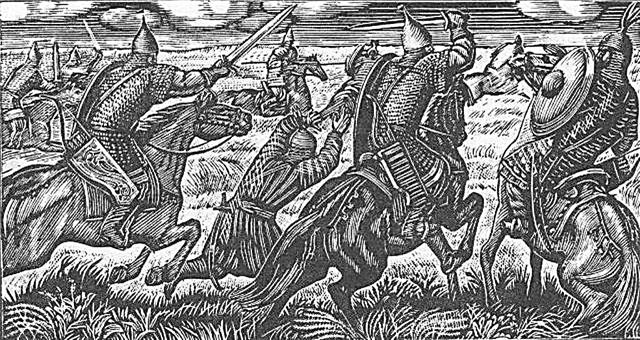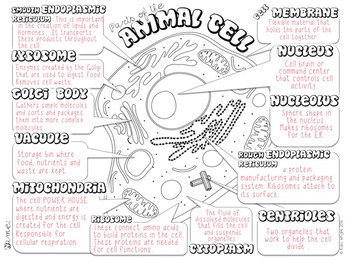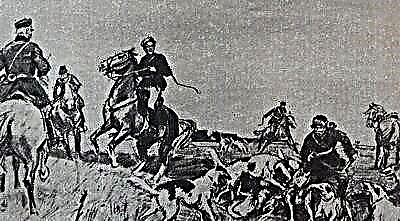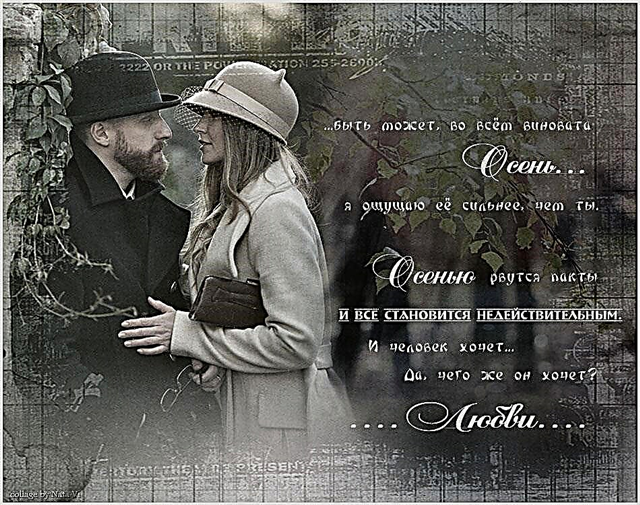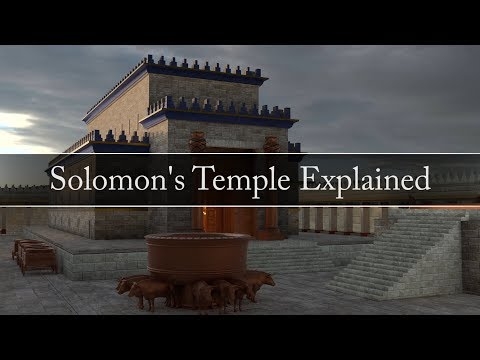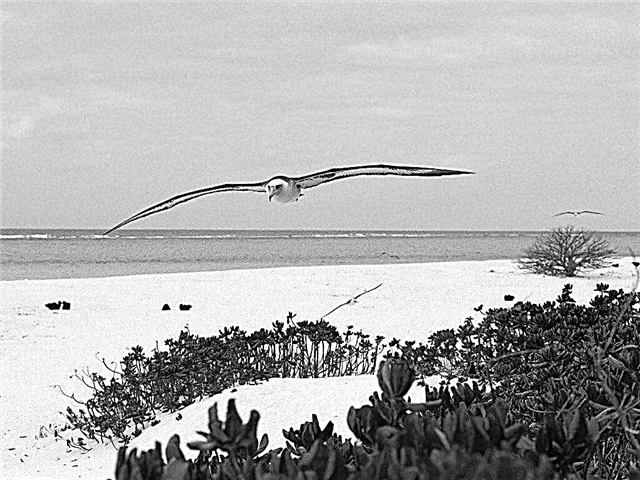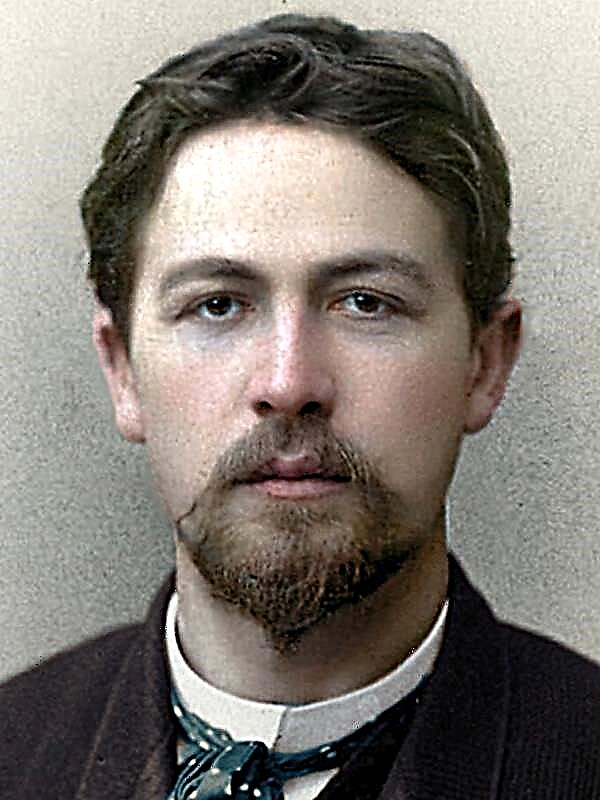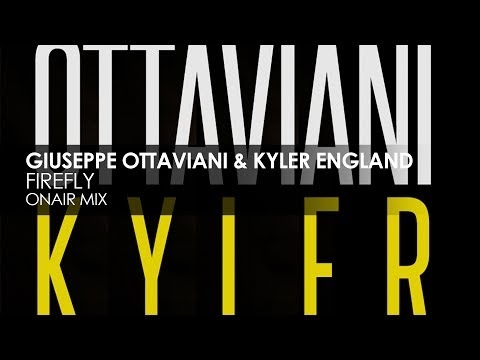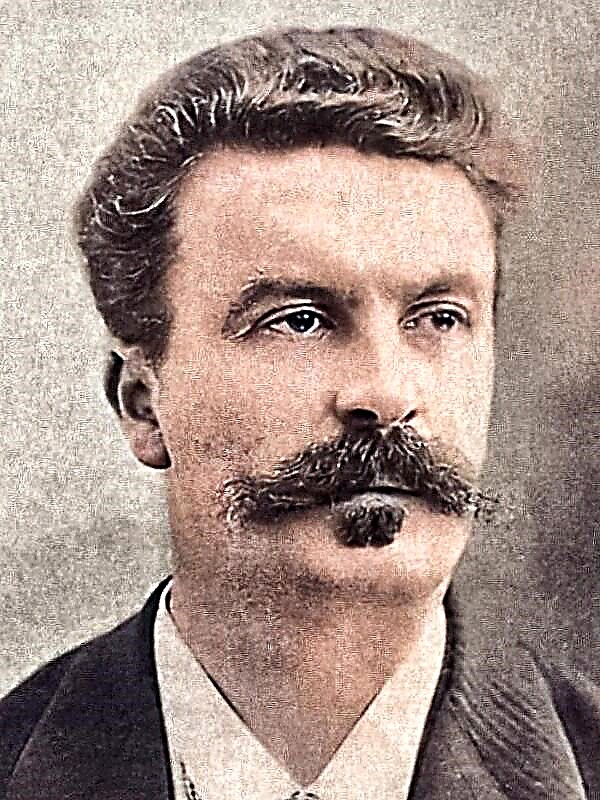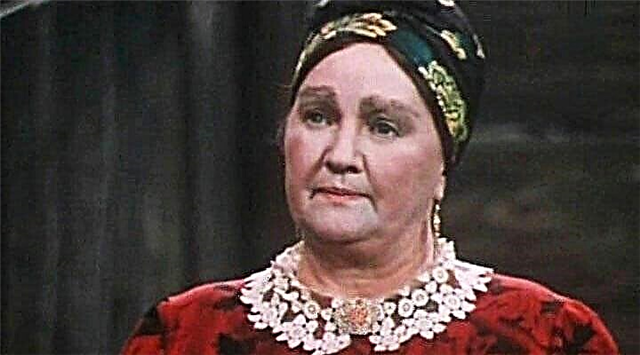Merceau, a petty French official, a resident of the Algerian suburbs, receives news of the death of his mother. Three years ago, unable to support her on his modest salary, he placed her in an almshouse. After receiving a two-week vacation, Meursault goes to the funeral that day.
After a brief conversation with the director of the almshouse, Merceau is planning to spend the night at her mother's tomb. However, he refuses to look at the deceased for the last time, talks with the watchman for a long time, calmly drinks coffee with milk and smokes, and then falls asleep. Waking up, he sees next to his mother's friends from the almshouse, and it seems to him that they have come to judge him. The next morning, under the scorching sun, Merso indifferently buries his mother and returns to Algeria.
Having slept for at least twelve hours, Merceau decides to go to the sea for a swim and accidentally meets a former typist from his office, Marie Cardona. That evening, she becomes his mistress. Having spent the next day by the window of his room overlooking the main street of the suburb, Merceau thinks that in his life, in fact, nothing has changed.
The next day, returning home after work, Merso meets his neighbors: old Salamano, as always, with his dog, and Raymond Synthes, the storekeeper, who is known as a pimp. Synthes wants to teach a lesson to his mistress, an Arab who cheated on him, and asks Merceau to compose a letter for her in order to lure him out on a date and then beat him up. Soon, Merceau witnesses Raymond's violent quarrel with his mistress, in which the police intervene, and agrees to witness in his favor.
Patron offers Merceau a new appointment to Paris, but he refuses: life still can not be changed. That evening, Marie asks Merceau if he is going to marry her. Like promotion, Merceau is not interested.
Sunday, Merceau is going to spend on the seashore with Marie and Raymond visiting his friend Masson. Approaching a bus stop, Raymond and Meursault spot two Arabs, one of whom is the brother of Raymond's mistress. This meeting guards them.
After a swim and a hearty breakfast, Masson invites friends to stroll along the seashore. At the end of the beach, they spot two Arabs in blue overalls. It seems to them that the Arabs tracked them down. The fight begins, one of the Arabs wounds Raymond with a knife. Soon they retreat and flee.
After some time, Merceau and his friends again come to the beach and see the same Arabs behind a high rock. Raymond gives Merceau a revolver, but there is no apparent reason for a quarrel. The world seemed to close and forge them. Friends leave Meurso alone. Scorching heat presses on him, a drunken stupor covers him. At the creek behind the cliff, he again notices an Arab injuring Raymond. Unable to endure the unbearable heat, Merceau takes a step forward, takes out a revolver and shoots at the Arab, "as if knocking on the door of misfortune with four short strokes."
Merceau is arrested; he is summoned several times for interrogation. He considers his case to be very simple, but the investigator and lawyer have a different opinion. The investigator, who seemed to Meursault to be a clever and handsome man, cannot understand the motives of his crime. He starts a conversation with him about God, but Merceau confesses his unbelief. His own crime causes him only annoyance.
The investigation lasts eleven months. Merceau understands that the prison cell has become his home and his life has stopped. At first, he is mentally still at liberty, but after a meeting with Marie, a change occurs in his soul. Languishing from boredom, he recalls the past and realizes that a person who has lived at least one day will be able to spend at least a hundred years in prison - he will have enough memories. Merceau gradually loses the concept of time.
Merceau’s case is scheduled for trial at the last jury trial. A lot of people are crowded in the stuffy room, but Merceau is not able to distinguish a single face. He has a strange impression that he is superfluous, like an uninvited guest. After a long interrogation of witnesses: the director and guard of the almshouse, Raymond, Masson, Salamano and Marie, the prosecutor pronounces an angry conclusion: Merceau, never crying at her mother’s funeral, not wanting to look at the deceased, the next day she makes contact with the woman and, being a friend of a professional pimp, he commits a murder for an insignificant reason, settling accounts with his victim. According to the prosecutor, Merceau has no soul, human feelings are inaccessible to him, no moral principles are known. In horror of the insensibility of the criminal, the prosecutor demands the death penalty for him.
In his defensive speech, the lawyer Merceau, on the contrary, calls him an honest hard worker and an exemplary son who kept his mother while it was possible and killed himself in a moment of blindness. Merceau expects the most severe punishment - inescapable repentance and reproaches of conscience.
After the break, the chairman of the court announces the verdict: “on behalf of the French people” Merceau will be chopped off in public, in the square. Merceau begins to reflect on whether he will be able to avoid the mechanical course of events. He cannot agree with the inevitability of what is happening. Soon, however, he resigned himself to the thought of death, since life is not worth clinging to, and since you have to die, it does not matter when and how it will happen.
Before the execution, a priest comes to Merceau’s cell. But in vain he tries to turn him to God. For Meursault, eternal life does not make any sense, he does not want to spend the time that he has left on God, so he pours out all the accumulated indignation on the priest.
On the verge of death, Merceau feels the breath of darkness rising from the abyss of the future, that he was chosen by a single fate. He is ready to relive everything anew and opens his soul to the gentle indifference of the world.

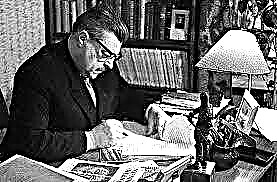
 Glass of water
Glass of water